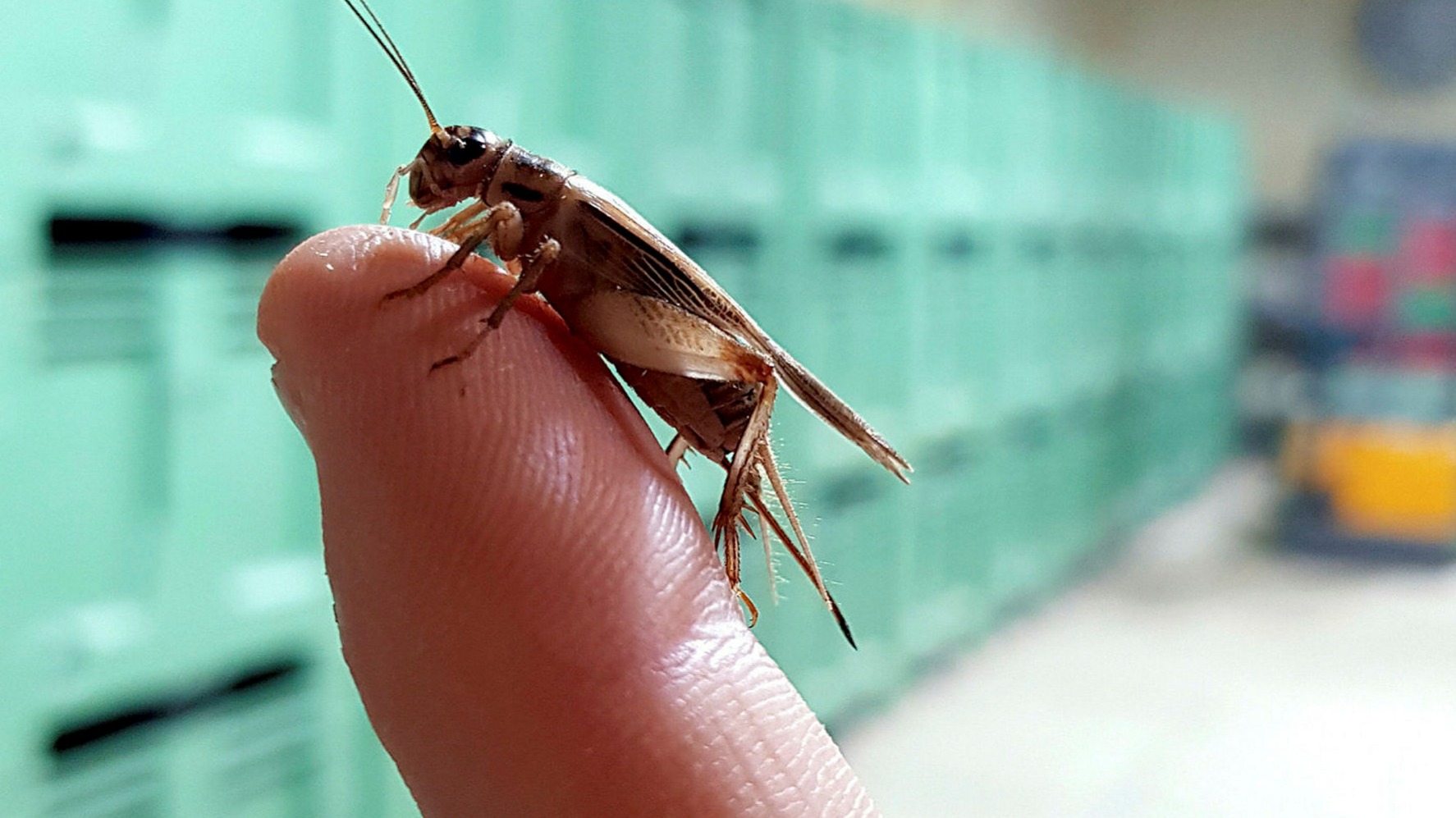In the Netherlands crickets allowed as ingredient in supermarket foods
The European Food Safety Authority has recently approved a new regulation that allows for the use of house crickets (Acheta Domesticus) in food products sold in supermarkets throughout the EU. Whether frozen, dried, or pulverized, these insects can now be used as an ingredient in various food items. The lesser mealworm beetle has also been added to the list of approved insect species for consumption in the EU. This list has been growing since 2021, when mealworms were the first insects to be approved for consumption in the EU. There are currently eight insect species that have been deemed edible by the EU. Companies must seek approval from the EU Commission for each new insect that is introduced to the EU food market.
It is important to note that while insects can be a risky ingredient for those with allergies, the EU Commission has emphasized that "no one will be forced to eat food containing insects" and that EU regulations require insects to be named as ingredients on food packaging, using both the common insect name and the species' scientific name.
Insects have been a traditional food in many diets throughout history, but have only recently become a more popular ingredient in Western cooking. This is largely due to the promotion of an insect-inclusive diet as an environmentally friendly alternative to traditional meat production. In Thailand, which currently produces the largest number of farmed insects, farming crickets does produce half as much CO2 and uses 25 percent less water than farming chickens. However, it is more environmentally friendly for humans to consume crops directly as cooking ingredients rather than using them to fatten insects.
Another potential solution to make insect farming more environmentally friendly is to feed insects food waste. However, a study by the University of California Division of Agriculture and Natural Resources found that since crickets fed on poultry feed grow 75 percent larger than those fed on waste food, there is no economic incentive for farmers to choose to use food waste.
